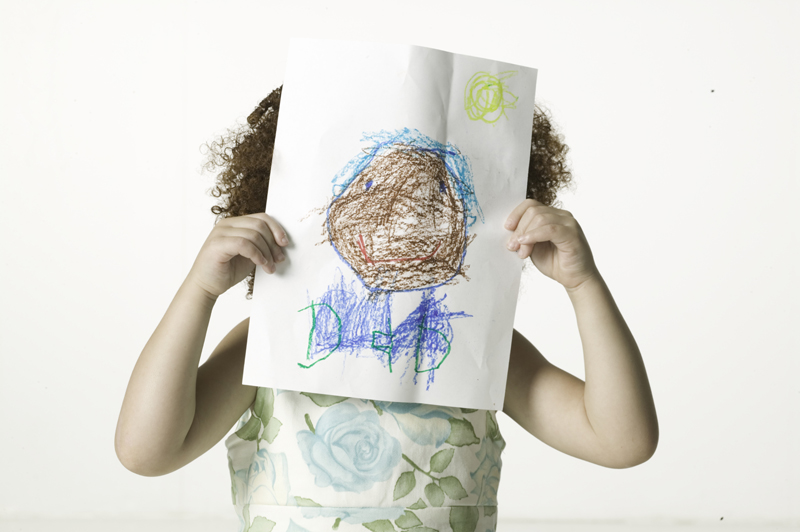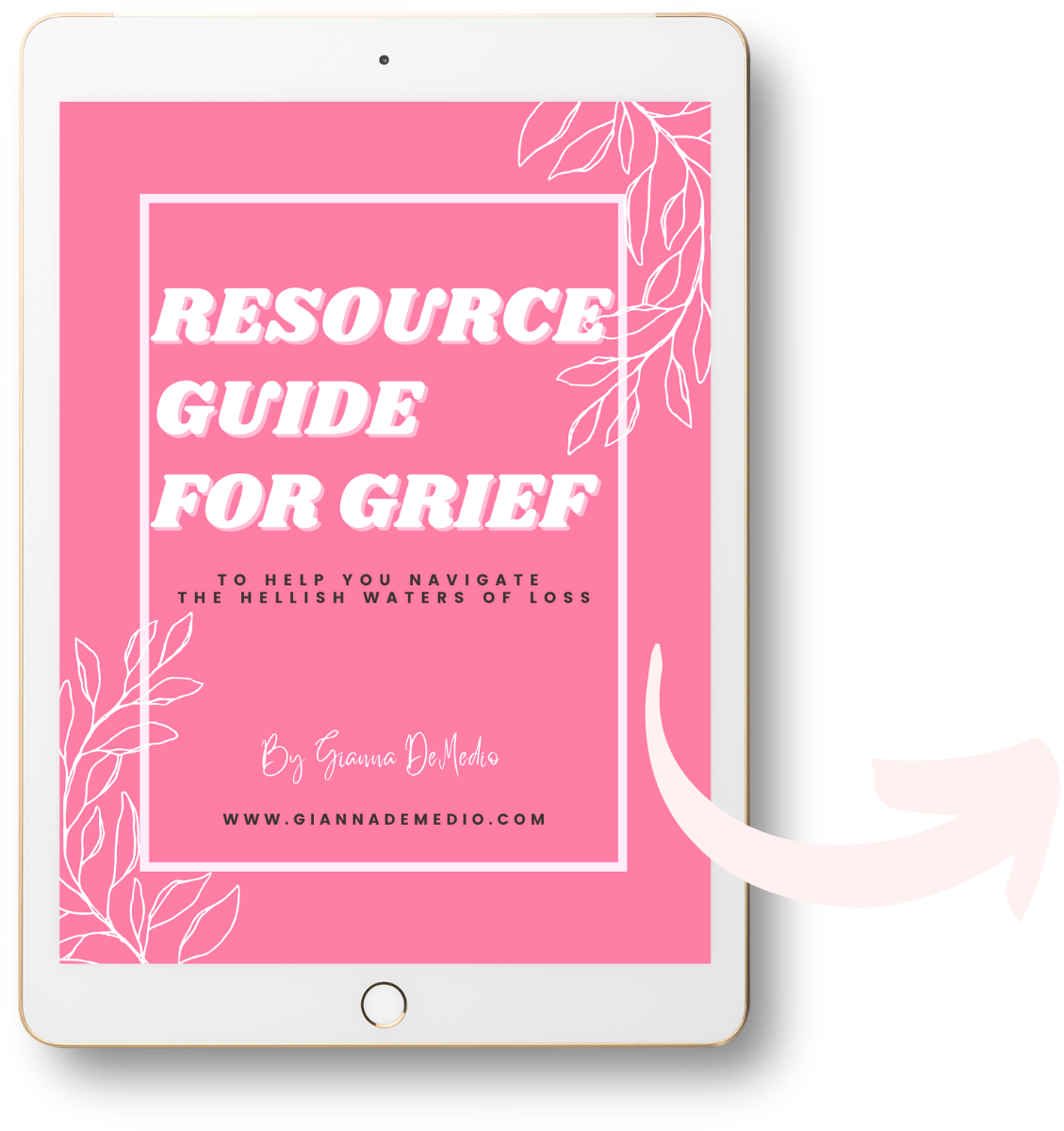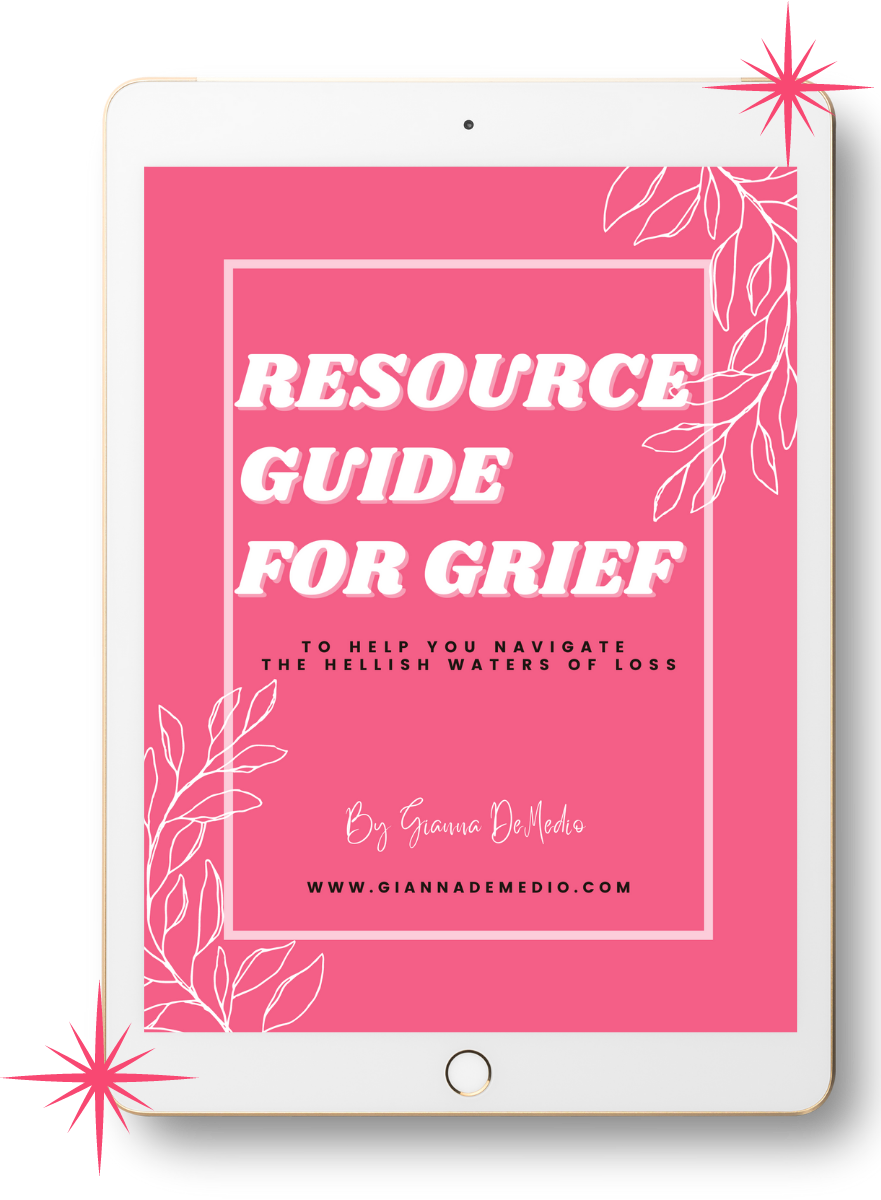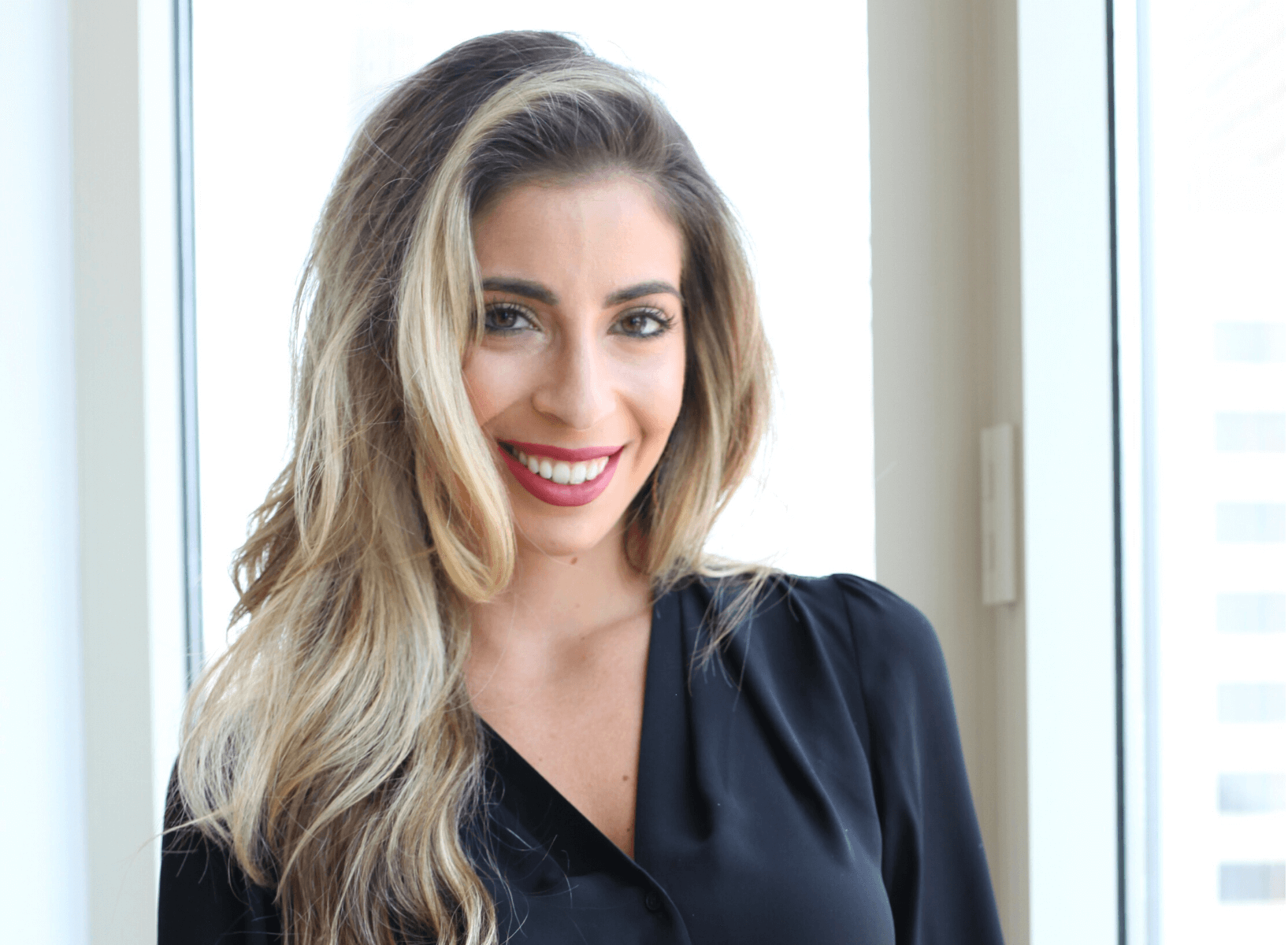By Kat Reese:
I think a lot about children and how they process change and loss. For eight years, I have worked with children during their grieving process whether it is because their home life was not ideal, they saw things that made them feel unsafe, or their lives had constant change and they had no idea what stability was. Many times these children said they felt stress from being different than everyone else or being forced into a world that didn’t feel right to them. They all had to grieve some pain of loss or change that they could not put into words most of the time.

Children can have a hard time understanding grief when they are unfamiliar with the new emotions
My job was to teach them to put their emotions into words so that they could express themselves appropriately. I used different tactics including understanding what their body felt like when they had certain thoughts, or paying attention to their facial expressions when they felt certain ways. Some of these things we as adults need to learn or relearn as well. We forget that our body tells us what is going on emotionally.
Looking into my own childhood, I have realized I struggled with this exact same dilemma. I was a child of loss and constant change while not knowing that the pain I carried was normal for those experiences. I felt ignored, displaced even when it came to me trying to speak my truth. I understand now through my own research that it isn’t that our parents don’t want to help but that they are struggling with their grief as well and need to help themselves first before allowing themselves to help us, the children.
Grief looks the same, no matter how young or old you are. The cycles of grief are not the same for everyone, however, if you can even call them cycles. Children, just like adults, will retreat within themselves or lash out. Children can be destructive or they can isolate themselves. There is pain, sadness, anger, disbelief, depression, and somewhere down the road acceptance – or sometimes children struggle with acceptance and it can turn into resentment. I know I did. I held grudges against my parents for a long time for the grief I endured. I believe this unresolved grief lead to my chronic depression.
When I went to college I wanted to help people who were suffering from depression, like I had all my childhood. Now 10 years later, I realize that it is not depression I want to help with, it’s understanding the cycles of grief. When we have unresolved grief, it can affect other parts of our lives. We can end up teaching our own children to isolate or lash out when life gets becomes too much to handle instead of using appropriate communication skills. When we allow ourselves to understand how our bodies tell us how we are feeling – facial expressions, heart rate (anxiety), hot forehead (anger), even shivers can be a sign (fear).
What our children need are words to express themselves, the time to be upset, sad, and confused and the space to be free to do so. No matter what the circumstance, we should allow them to be open about their pain; for example, they lost their favorite toy and it’s sad for them and they will need to grieve. This is the perfect learning opportunity for them to understand how to grieve so that they don’t hold in their feelings or lash out inappropriately.
Kat Reese is a Grief and Spiritual Coach in the Boise, Idaho Area. She has been in the Mental Health and Disability sector since 2009. Kat has started to facilitate a grief group for those suffering or in recovery of all types of grief including loss of job, a death of a loved one including spouse, friend, pet, and loss from suicide, constant change, and more.









